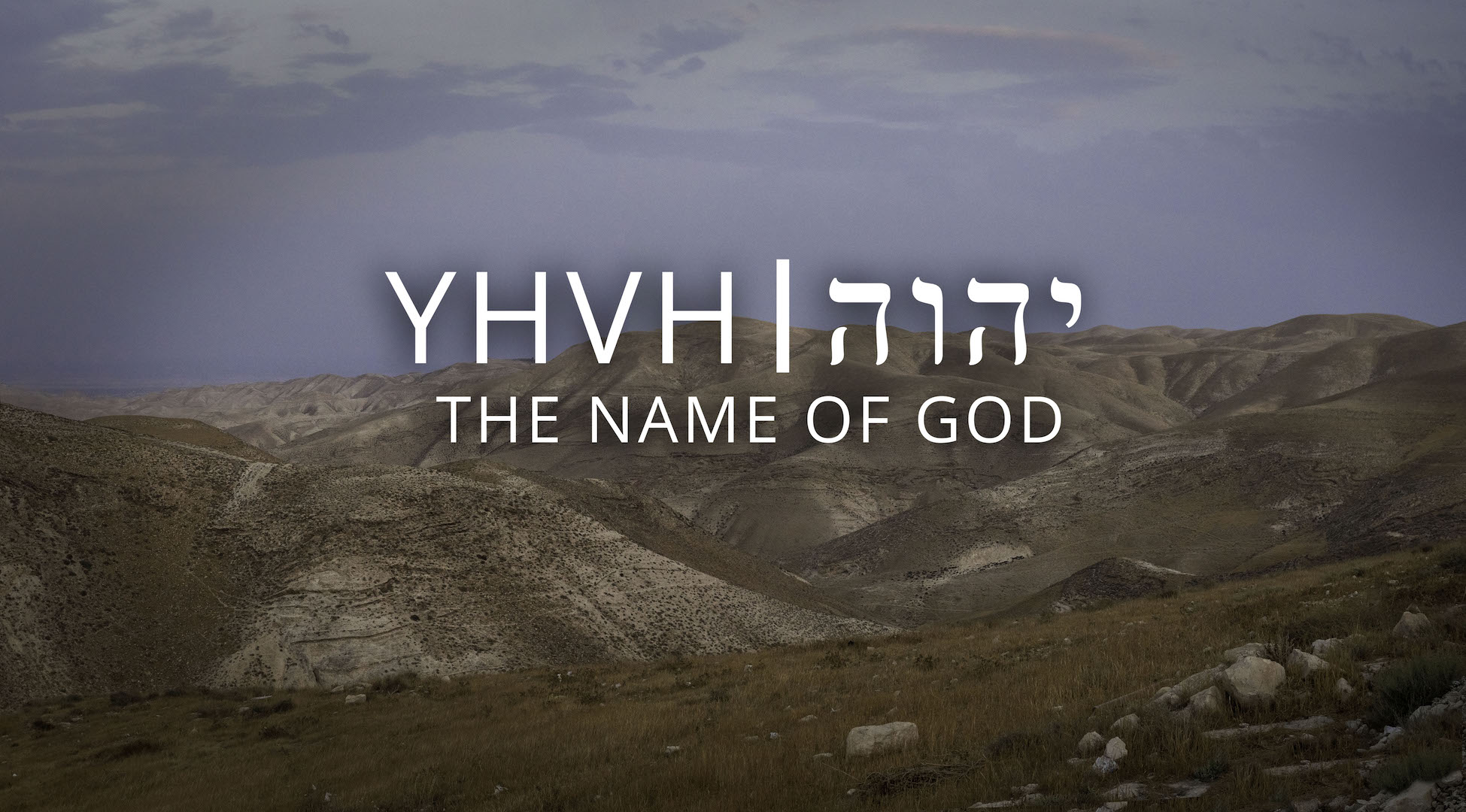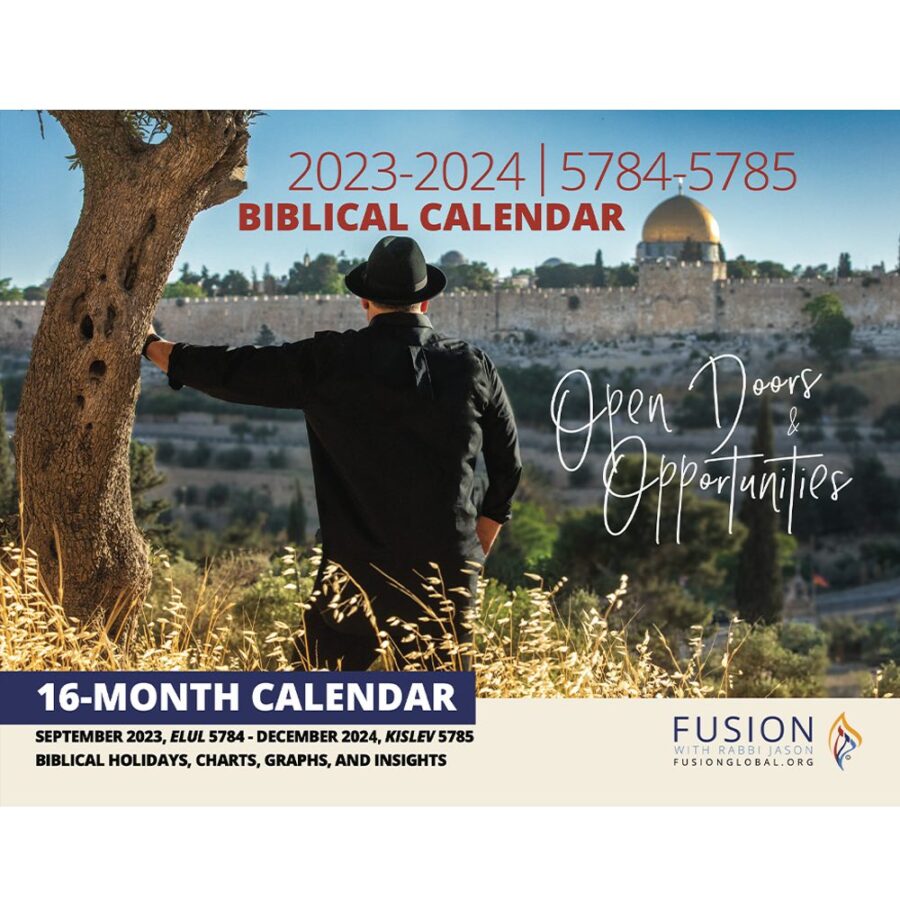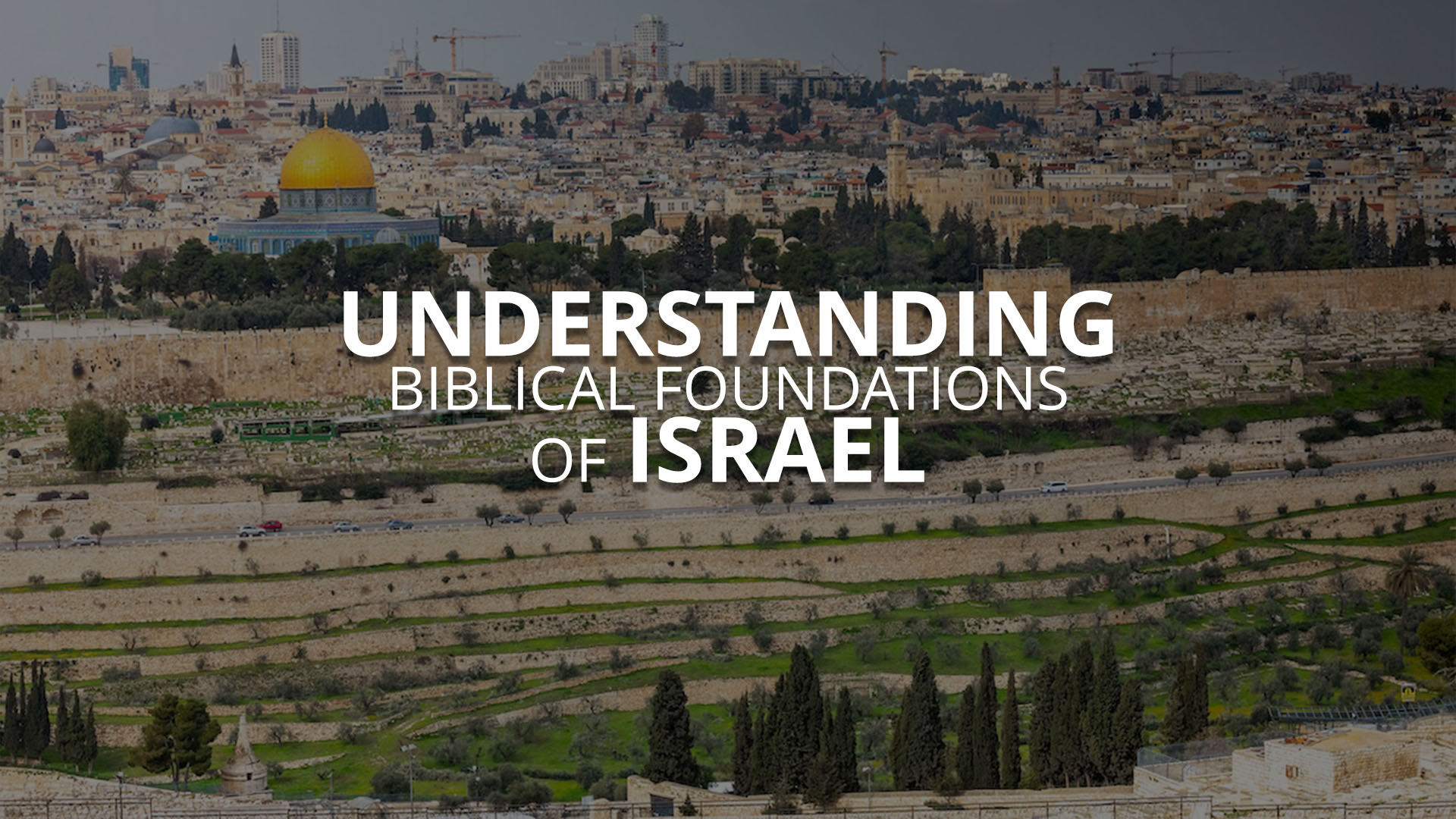Who Are You? YHVH – The Name of God

What is the Hebrew name for God?

As most people know, our Bibles weren’t originally written in English. Though it may comfort you to hear, “The Lord is my shepherd; I shall not want,” original audiences would have heard something like, “Ah-doh-noi roh-ee loh ekh-sar.” This discrepancy is because the Scriptures were written primarily in Hebrew (Old Testament) and Greek (New Testament). The primary “character” in God’s Word is, GOD. He appears in its opening line: “In the beginning God created the heavens and the earth” (Genesis 1:1). We read the English word “God,” but considering what we just saw about the opening line of Psalm 23…
What is the Hebrew name for God?
This question opens a portal for us into a world overflowing with wisdom and revelation! You see, there are several different Hebrew words for “God.” Why more than one? For starters, the God of Abraham—the true and living God—is infinite. He is not part of creation; rather, He is its source. Therefore, God isn’t a “thing” in creation to be compared with other finite things. His strength and knowledge are not merely greater than any we can encounter; they are altogether different. Limitless. Irreducible. God cannot be added to or taken from in any ultimate sense. Our finite selves need multiple names for God if we hope to begin to engage the infinite One, the Ancient of Days, and His multi-faceted characteristics.
Perhaps one of the most well-known Hebrew names for God is the one that Jewish people are least likely to engage with as it fell out of use sometime around the life of Yeshua (the “Second Temple” period). This particular name makes its first appearance in Scripture in Genesis 2:4, “This is the account of the heavens and the earth when they were created, in the day that the Lord [יהוה / YHWH] God made earth and heaven” (nasb). Many modern Bible translators transliterate these four Hebrew letters, commonly referred to as the “tetragrammaton,” as “Yahweh” or “Jehovah.” Jewish people—both in writing and in speech—will typically replace YHWH with “HaShem” (literally, “the Name”) or “Adonai” as an expression of reverence for the holiness of this name. We can read an example in the Tree of Life Version’s rendering of Genesis 2:4, “…at the time when Adonai Elohim made land and sky” (emphasis added).
Moses’ experience at the burning bush culminated with God’s self-disclosure. It’s worth reading the full exchange:
Then Moses said to God, “Behold, I am going to the sons of Israel, and I will say to them, ‘The God of your fathers has sent me to you.’ Now they may say to me, ‘What is His name?’ What shall I say to them?”And God said to Moses, “I AM WHO I AM”; and He said, “This is what you shall say to the sons of Israel: ‘I AM has sent me to you.’” – Exodus 3:13-14 (nasb)
The Hebrew verb used there is eheyeh or haya (היה)‚ the root of YHWH (יהוה). This connection between the holiest name of God and the verb “I AM” is incredibly significant for followers of Yeshua. In an extended exchange with the Pharisees they asked Him, “Who are you?” (John 8:25) Following an intense back-and-forth regarding identity and origin, notice Yeshua’s words in its conclusion:
Then the Judeans said to Him, “You’re not even fifty years old and you’ve seen Abraham?” Yeshua answered, “Amen, amen I tell you, before Abraham was, I am!” Then they picked up stones to throw at Him, but Yeshua hid Himself and went out from the Temple. – John 8:57-59 (emphasis added)
Believers have typically identified the “Seven ‘I AM’ Statements” in John’s Gospel:
- “I am the bread of life.” (John 6:35, 41, 48, 51)
- “I am the light of the world.” (John 8:12)
- “I am the door of the sheep.” (John 10:7,9)
- “I am the resurrection and the life.” (John 11:25)
- “I am the good shepherd.” (John 10:11, 14)
- “I am the way, the truth, and the life.” (John 14:6)
- “I am the true vine.” (John 15:1, 5)
Yeshua didn’t come to start a new religion. He came as the physical manifestation of the God of Abraham, the One who appeared to Moses in that burning thorn bush at Sinai.
We can assert this claim not only by His genealogy but by His own self-identification as recorded in the Gospels. And it’s not just in John that we see this connection. Consider Mark’s account of Yeshua walking on water in a terrible storm:
But when [the disciples] saw Him walking on the sea, they thought He was a ghost and cried out—for they all saw Him and were terrified. But immediately, He spoke to them. He said, “Take courage! I am. Do not be afraid.” Then He got into the boat with them, and the wind stopped. They were utterly dumbfounded. – Mark 6:49-51 (emphasis added)
As one biblical scholar commented on Yeshua’s use of “I am” in this scene, “The ‘I am’ of Mark 6:50 means ‘I am Jesus and not a ghost,’ but [also] suggests the divine ‘I am’ who alone ‘tramples down the waves of the sea’ (Job 9:8; Mark 6:48–49) and made the waves hush (Ps. 107:28–29; cp. Mark 4:39).” Friends, Yeshua is not just the Son of God—He is one with God. His use of the divine name regarding Himself establishes this truth. It’s no wonder He would declare, “He who has seen Me has seen the Father” (John 14:9). The name YHWH reveals God as Father! Take a close look at Deuteronomy 32:6-7,
Is this what you do to the Lord [YHWH / יהוה],
You foolish and unwise people?
Is He not your Father who has purchased you?
He has made you and established you.
Remember the days of old,
Consider the years of all generations.
Ask your father and he will inform you,
Your elders, and they will tell you. (nasb emphasis added)
It makes sense to think of God as Father because as Scripture reveals, “God is love” (cf. 1 John 4:8). And if we examine “the Letters and Numbers,” we’ll discover deeper connections between YHWH and Yeshua and “Father” and “love.”
If you’ve followed my ministry, even briefly, you know that I love to investigate the numerical value of Hebrew words (each Hebrew letter is also a number).
The letters in YHWH [יהוה] have a value of 26. The letters in the Hebrew word for “glory” (chavod) equal 26. Think about that when you read John 1:14, “And the Word became flesh and tabernacled among us. We looked upon His glory, the glory of the one and only from the Father, full of grace and truth” (emphasis added). These connections carry over into the Greek (also an “alpha-numeric” language). In Stephen’s retelling of Moses’ experience at the burning bush, the letters in the Greek words for “holy ground” (hagia ge / ἅγιος γῆ) also total 26!
But—as I always say—there’s more!
The Shema (Deuteronomy 6:4) declares that “the Lord [YHWH/26] our God, the Lord is one.” The Hebrew word for “one” is echad and has a value of 13. The following verse continues with the command to “love the Lord your God with all your heart” (nasb). The noun form of “love” (ahava) also equals 13.
QUICK QUIZ: what is 13 + 13?
Great Command: Love (ahava/13) of God and Love (ahava/13) of neighbor = 26
This is why our journey deeper in God’s Word matters: it calls us to a new way of life.
A deep dive into God’s name reveals not just who He is but how that reality affects our lives.
How should we live now that we know God to be the Father revealed in Yeshua? Perhaps by obeying His “new commandment” to love (13) one another and becoming the answer to His “high priestly prayer,” that we would be one (13). In this fullness of love and unity, God will reveal Himself to the world and bring liberty to captives, just like He did for Israel after revealing Himself as YHWH through the burning bush.
– Psalm 23:1 (kjv)
– Jonathan Lo, “Deity,” ed. Douglas Mangum et al., Lexham Theological Wordbook, Lexham Bible Reference Series (Bellingham, WA: Lexham Press, 2014).
– Chris Church, “I AM,” ed. Chad Brand et al., Holman Illustrated Bible Dictionary (Nashville, TN: Holman Bible Publishers, 2003), 802.
"“The course title, Fusion Foundations, is right on the money. We didn't really understand its significance deeply until we took the course. Amazing revelation of so many more details of scripture and wets the appetite to know and learn and experience the Word including the written word.”"
What is Fusion with Rabbi Jason?
It is in looking back at what God has done that we can see forward to His future plans for us. “For I know the plans I have for you,’ declares the Lord, plans to prosper you and not to harm you, plans to give you hope and a future” Jer 29:11.
At Fusion Global with Rabbi Jason Sobel, we want to add definition to your faith as we restore the lost connection to our ancient roots and rediscover our forgotten inheritance.
Cart
Names of God
The Names of God: Baal
Passover
Was the Last Supper the Last Seder?
Israel
What are the Biblical Foundations of Israel
One Comment
Comments are closed.







[…] confronts Jacob: “It is in the power (b’el) of my hand to do evil with you.” Elohim describes God as the all-powerful Omnipotent One who has absolute power and control over everything. […]